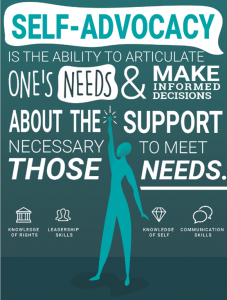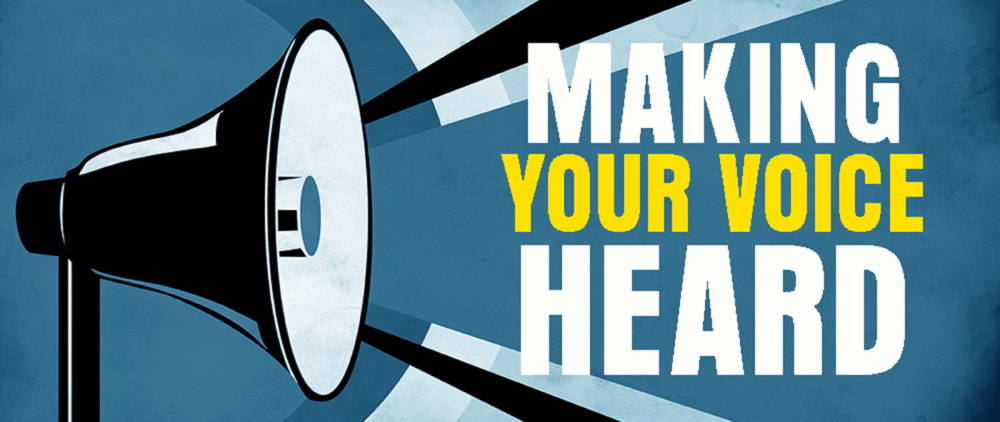In last week’s article I discussed some simple ways in which we could become tinnitus activists, and I promised that I would talk about the practicalities of self-advocacy in more detail.
Let’s start off with understanding what self-advocacy is? I love this definition from the National Deaf Centre:
It’s recognising and believing that we deserve to be treated with respect and dignity by anyone we interact with.
It’s asking for what we need in all our life situations – work, family, social life, leisure and healthcare.
It’s learning how to be assertive and practising those skills over and over until it feels natural (often we need to fake it until we make it!).![]()
Here’s what that might look like when we approach healthcare providers for the tinnitus support we need:
We:
- choose our healthcare provider, rather than taking who we are assigned, when we phone up (we might ask our GP practice whether they have anyone specialising in hearing health and tinnitus).
- ask for a face-to-face appointment rather than a telephone one if we feel we need one. We might say something like “my tinnitus has become louder and I need someone to check my ears.”
- do our research if we think we need a referral. We ask people around our area which ENT doctor or audiologist they would recommend for tinnitus.
- spend time before the appointment making a list of our symptoms, what we want to say, and the outcome we want from our appointment (e.g. a referral, something to help sleep, something to help anxiety or low mood).
- arrive early so that we are calm and relaxed before the appointment begins.
- take someone into the appointment if we can and we know there’s a chance that we may not remember everything we need to tell our healthcare provider, or that we might not absorb all the information we hear.
- inform the healthcare professional if our hearing loss or tinnitus makes it hard for us to hear.
- are specific in explaining our challenges to our GP, for example, “My tinnitus has been much louder for the last few weeks. There is nothing obvious that has caused this. This volume is unusual for me. I’m worried there may be a tumour, or something that needs investigation.”
or
“I have had tinnitus for 4 months now. It is so intrusive at night that it takes me x hours to get to sleep. Once I get to sleep, I don’t wake up until my alarm. I have already tried x, y and z but they haven’t helped. My sleep-deprivation is affecting my work and my relationships. I need some medication to help me get off to sleep.” - make notes on what the medical professional says, including any medication they have prescribed, any referrals they will make, and what the next steps are in our health treatment plan.
- are a proactive patient, adding the notes from this appointment to a tinnitus file that might include copies of letters from medical professionals we have seen, and the results of any scans.
![]()
Do you have any additional self-advocacy tips for healthcare visits? If so, let me know and I’ll add them!

